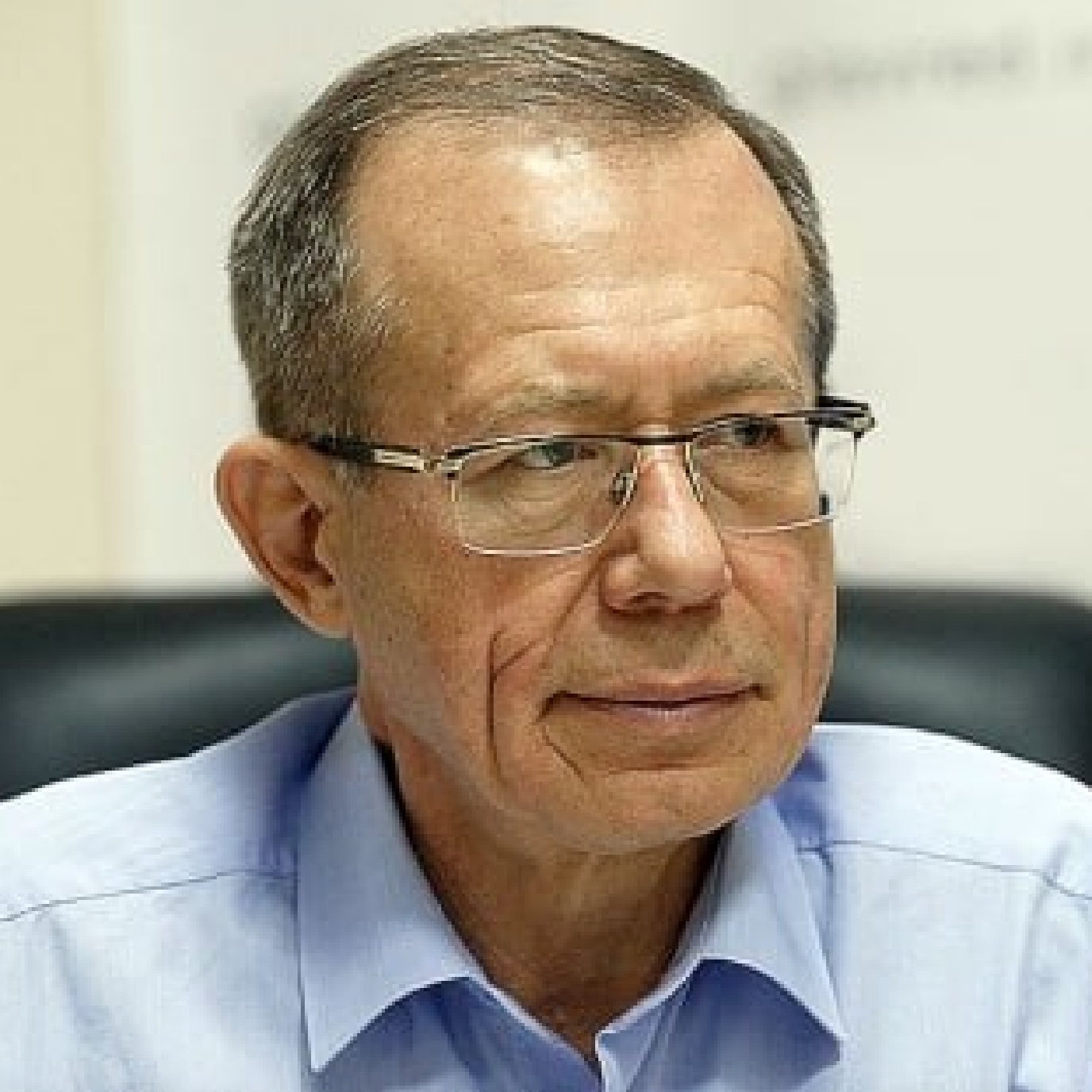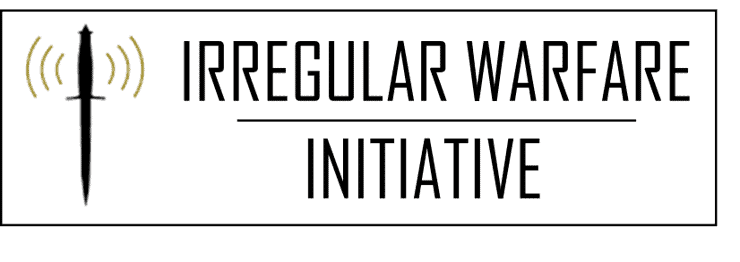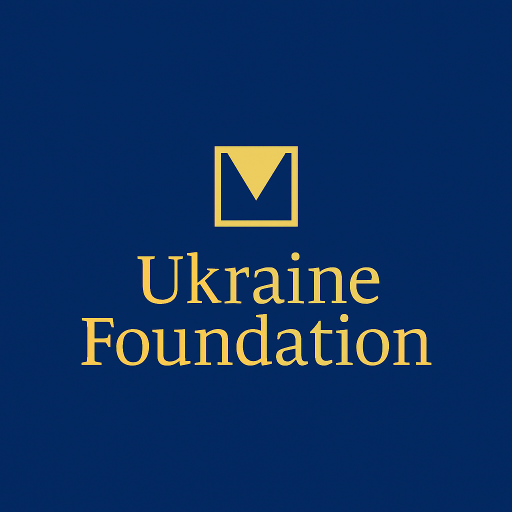Ukraine Foundation
Inspiring Change, Driving Impact
Dr. Sergii Tolstov is a leading Ukrainian historian and political analyst, currently serving with the National Academy of Sciences of Ukraine (NASU) as Head of the Institute of World History’s Department of Transatlantic Studies.

With a distinguished career in the study of international relations, Euro-Atlantic cooperation, and Ukraine’s foreign and security policy, Dr. Sergii Tolstov has taught International Relations, Foreign Policy Analysis, and European Security Studies at several prominent Ukrainian universities, including Taras Shevchenko National University, Kyiv-Mohyla Academy, Kyiv Humanitarian Academy, and Kyiv University of Tourism, Economics, and Law.
His professional experience spans both academic and research institutions. Early in his career, Dr. Tolstov worked as a Scientific Editor at the Ukrainian Soviet Encyclopedia and later as a Junior Researcher at the Ukrainian Academy of Sciences’ Institute of Social and Economic Problems of Foreign Countries. He held faculty positions in International Relations and Law at Taras Shevchenko Kyiv National University before joining the National Academy of Sciences of Ukraine, where he has led the Department of Transatlantic Studies since 2014. Previously, he directed the Department of International Organizations and the Department of Transatlantic Studies at the Institute of World Economy and International Relations. In addition to his NASU work, Dr. Tolstov serves as Director of the Kyiv-based Institute for Political Analysis and International Studies.
Dr. Tolstov has published extensively on International Relations, Euro-Atlantic Security, and Ukraine’s Foreign Policy. His works include in-depth studies of transatlantic cooperation, the evolution of the international system, and the dynamics of military and political alliances. Some of his significant publications include Military Alliances and Coalition Relations in the Interwar Period, Euro-Atlantic Security Challenges and Ukraine’s Foreign Policy, and Transatlantic Relations in the 21st Century.
Dr. Tolstov has participated in the U.S. Department of State’s International Visitor Leadership Program on U.S. foreign policy and has served on advisory councils at the Ministry of Foreign Affairs of Ukraine, the Verkhovna Rada Committee on Foreign Affairs, and the President of Ukraine’s Public Humanitarian Policy Council.
Dr. Sergii Tolstov graduated from the Historical Faculty of Taras Shevchenko Kyiv National University in 1977 and completed his postgraduate studies there in 1982. He further developed his expertise as a research fellow at the London School of Economics in 1993.
Dr. Tolstov is a native Ukrainian and Russian speaker, and speaks fluently English.
Princeton University & Modern War Institute At West Point: Dr. Mariya Heletiy Publishes “The Balkans Model and Conditions for Peace in Ukraine” In the Irregular Warfare Initiative
We are proud to share the latest contribution from Dr. Mariya Heletyi, whose new article has been published by the Irregular Warfare Initiative, a joint project of Princeton University’s Empirical Studies of Conflict and the Modern War Institute at West Point.

In “The Balkans Model and Conditions for Peace in Ukraine,” Dr. Heletiy draws on the experience of the Balkan conflicts to analyze the irregular warfare nature of Russia’s invasion of Ukraine and what it means for peace-building. Her analysis offers a sobering but necessary perspective: that peace in Ukraine cannot be built on traditional negotiations alone.
Using the backdrop of Russia’s repeated violations of ceasefire agreements -most recently its broken “Easter truce”- Dr. Heletiy argues that today’s hybrid conflicts require more than diplomatic handshakes. The war in Ukraine spans far beyond the battlefield, touching diplomatic, informational, economic, humanitarian, and military fronts. As she points out, ceasefires in irregular conflicts often serve less as a path to peace and more as a pause for regrouping and rearming.
Drawing lessons from the Balkans, Dr. Heletiy proposes that irregular warfare tools -such as economic pressure, information campaigns, and unconventional tactics- must be part of any comprehensive strategy for sustainable peace. Her article warns against the false comfort of conventional approaches that do not account for the ideological drivers, asymmetries, and non-state actors that continue to shape today’s conflicts.
We encourage everyone interested in peace and security in Ukraine and beyond to read Dr. Heletiy’s full piece, which brings deep insight and strategic clarity to one of the most pressing issues of our time.
Washington: Check out the latest media appearances of Ukraine Foundation’s International Advisory Board Member John Pennell
John Pennell on Russia’s Actions in Ukraine and Syria in The Cognitive Crucible by the Information Professionals Association – September 16, 2025
In the episode, Dr. John Pennell explores how Russia’s use of irregular warfare and information operations has evolved across Ukraine and Syria from 2014 to 2022, arguing that Russia has increasingly blended kinetic, cyber, influence, and hybrid tactics to shape outcomes. He discusses how the information environment has become a key domain in contemporary conflict, emphasizes the growing role of non-state actors (like criminal syndicates) in amplifying Russia’s messaging, and calls for better public literacy about information threats, more research into how adversaries adapt their strategies, and more integration between scholars, policymakers and practitioners in responding to this more complex character of war.
John Pennell on “Did Syria Prepare Russia for Hybrid Warfare in Ukraine?” in At the Boundary by the Global and National Security Institute of the University of South Florida – August 11, 2025
In the “Did Syria Prepare Russia for Hybrid Warfare in Ukraine?” episode of At the Boundary, Dr. John Pennell discusses how Russia leveraged its 2015 intervention in Syria as a proving ground for techniques later applied in Ukraine. He argues that operations in Syria allowed Moscow to test tools like drones, electronic warfare, information campaigns, and proxy forces under real combat conditions. Dr. John Pennell traces how Russia adapted those hybrid warfare methods—initially developed in the Syrian context—to the conflict in Ukraine, especially in its early phases (Crimea, Donbas), emphasizing plausible deniability, disinformation, and local proxies. He also highlights the importance of understanding this operational lineage for NATO, the U.S., and partners as they seek to counter Russia’s evolving toolkit.
TVP World, UATV, National Public Broadcasting Suspline, Freedom TV, Kyiv24 News: Watch Dr. Mariya Heletiy’s latest media appearances
FAQs
What is the focus of Ukraine Foundation’s work?
Ukraine Foundation is an independent, mission-driven research and impact organization dedicated to advancing peace, resilience, and innovation in Ukraine. Our work combines rigorous policy research with practical initiatives that strengthen Ukraine’s international partnerships, support innovation and technology, and promote cultural resilience amid the ongoing war.
How does the Foundation turn research into impact?
We believe research should lead to real-world change. Our policy programs —Ukraine in Europe, China in Ukraine, and Ukraine in the Global South— produce insights that shape international dialogue and policy. At the same time, our impact initiatives foster cooperation between governments, businesses, academia, and civil society, ensuring that ideas translate into action for Ukraine’s security, prosperity, and influence.
How can individuals and organizations engage with the Foundation?
Engagement is central to our mission. Partners, experts, and supporters can collaborate through joint research projects, public events, and strategic initiatives in innovation and culture. We also welcome contributions to our programs that amplify Ukraine’s voice globally and strengthen its resilience at home.
How can I support Ukraine Foundation?
You can support our mission by contributing financially, partnering on research or impact projects, or amplifying our work through your professional networks. Every contribution -whether funding, expertise, or visibility- helps us strengthen Ukraine’s resilience and global partnerships.
Does Ukraine Foundation accept volunteers or research fellows?
Yes. We welcome dedicated professionals, researchers, and students who want to contribute to our policy and impact agenda. Opportunities range from short-term projects and fellowships to longer-term engagement with our programs and initiatives.
How can organizations collaborate with the Foundation?
We actively partner with think tanks, universities, governments, businesses, and NGOs to co-develop research, host events, and implement projects that drive meaningful change. Organizations interested in collaboration can reach out to us directly to explore tailored partnerships.
